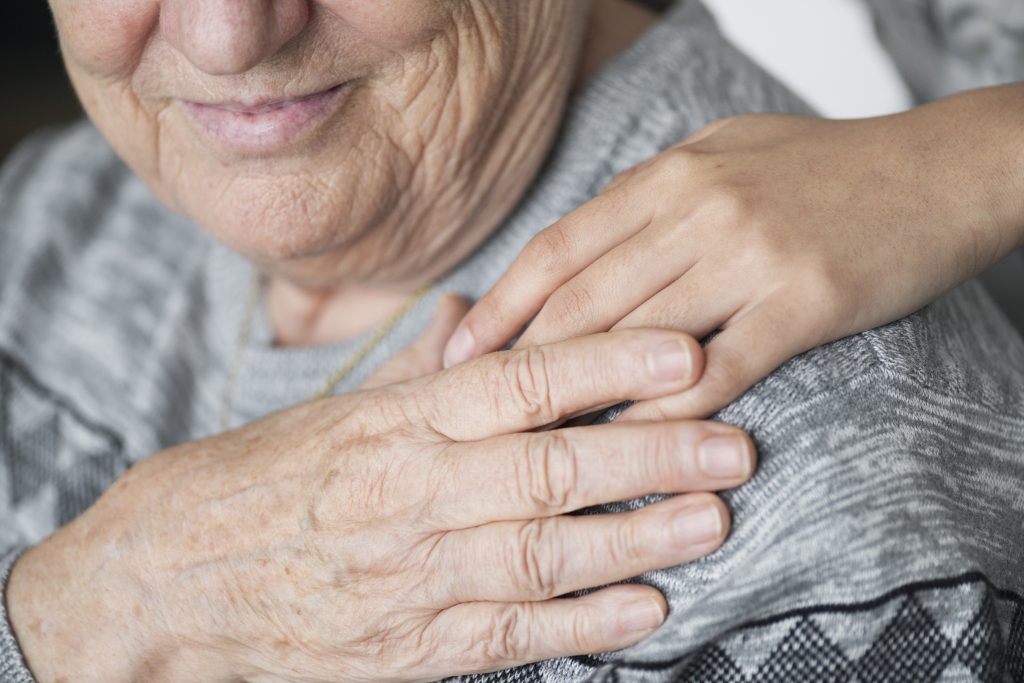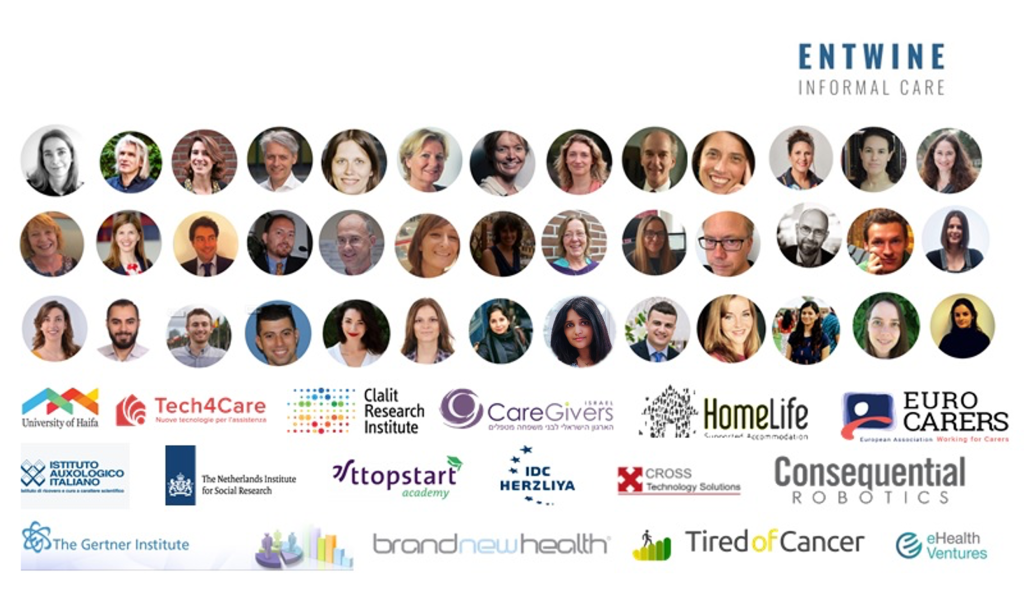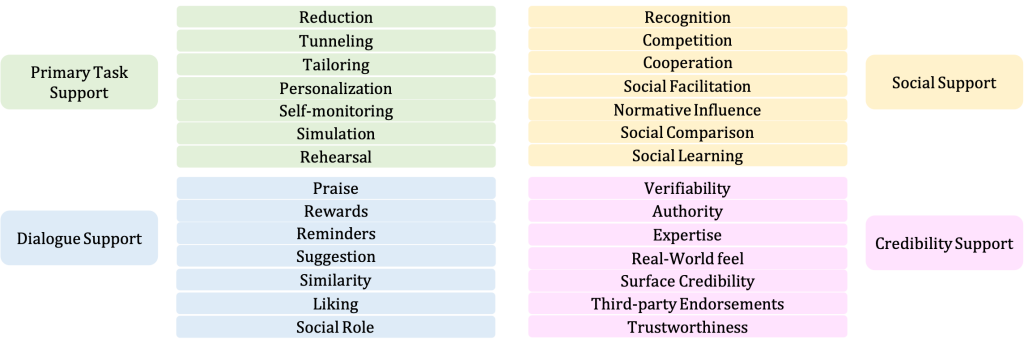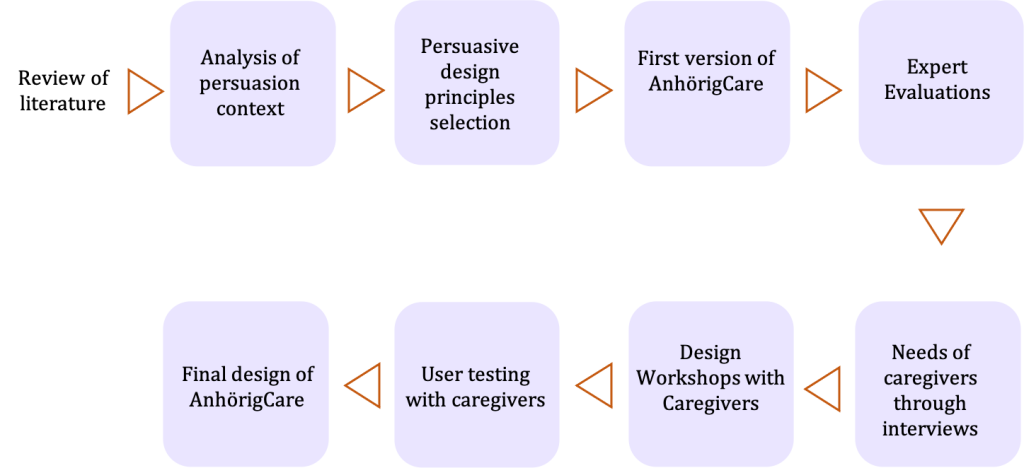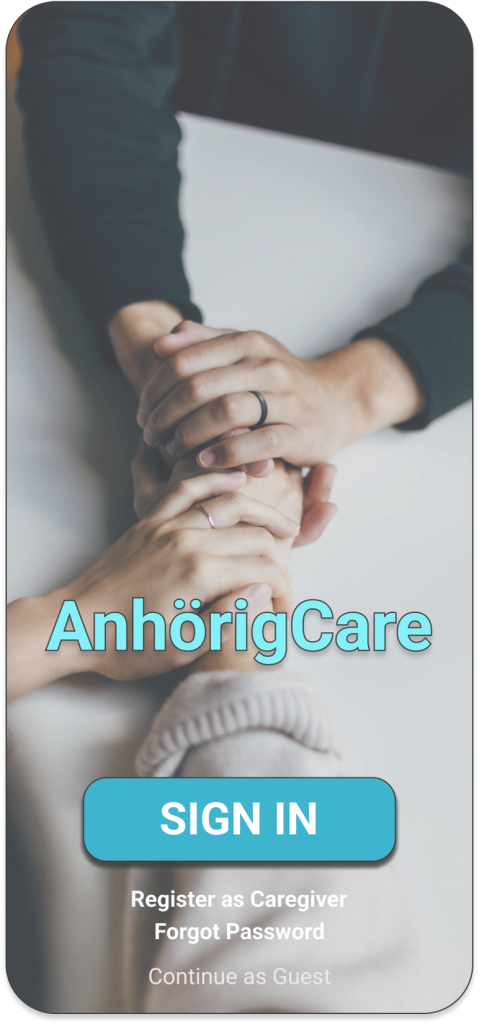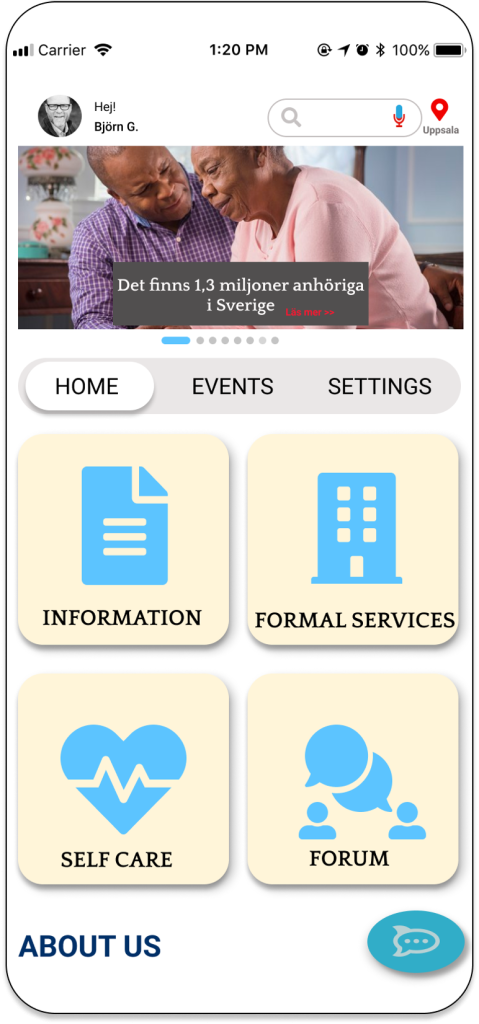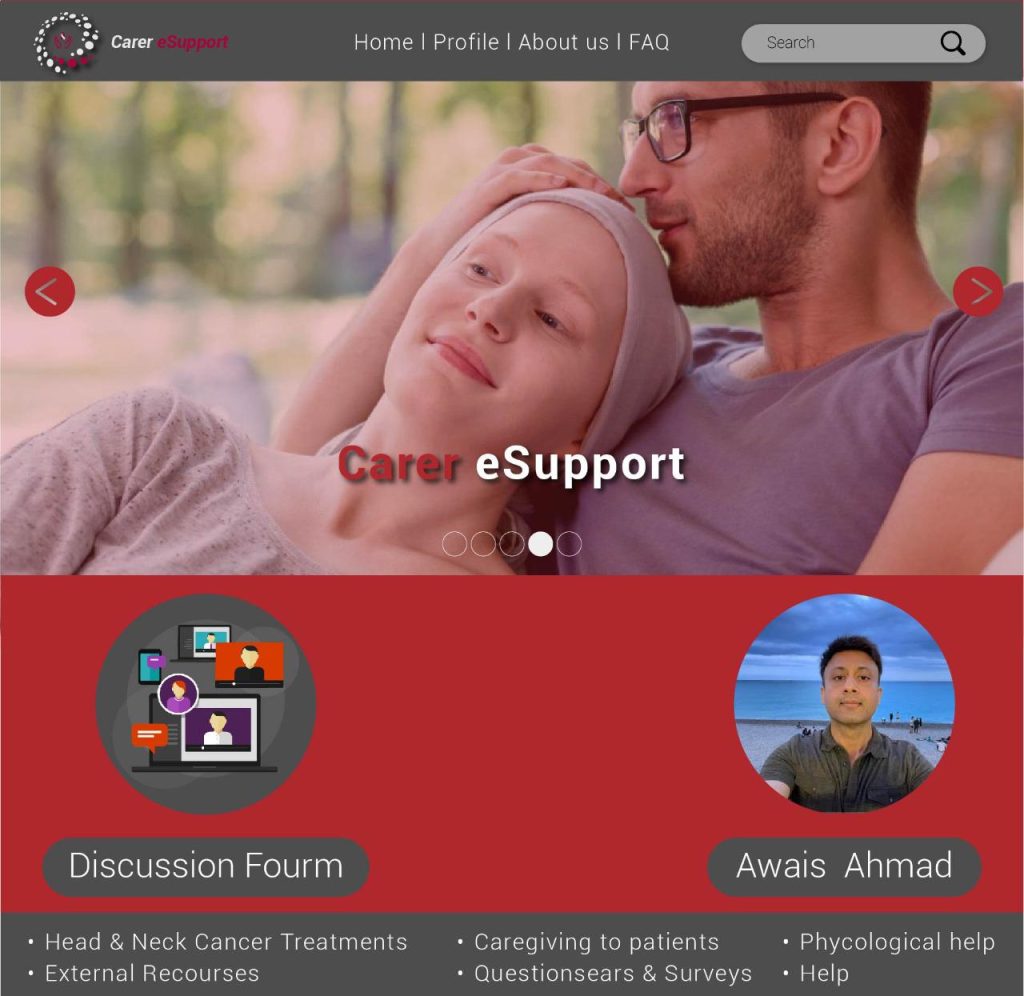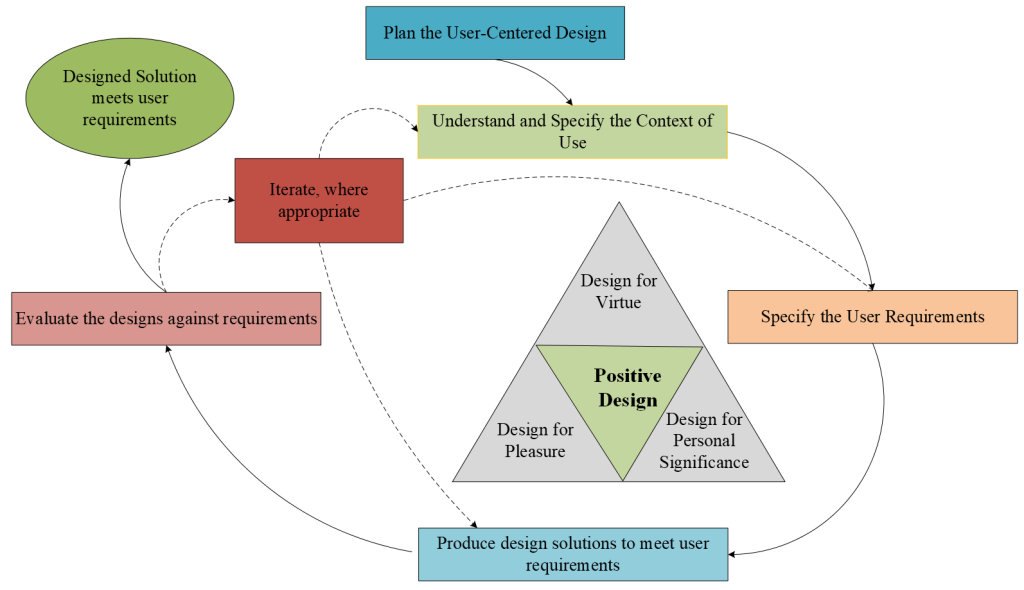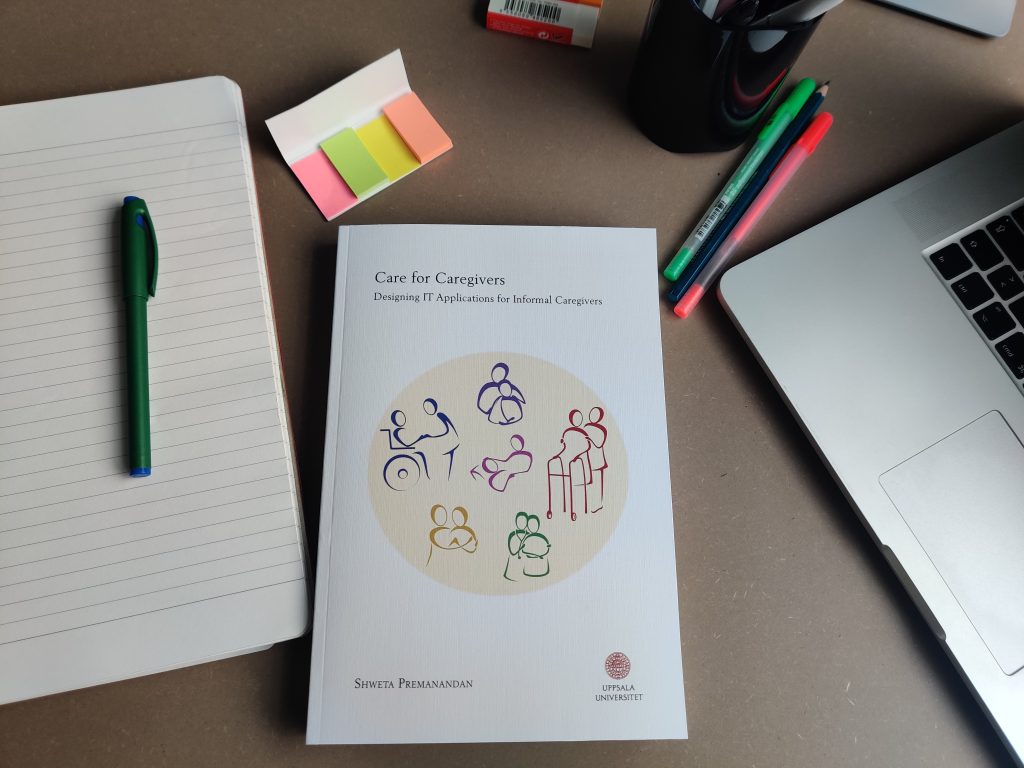
On Friday, September 13, 2024, at Uppsala University, I will defend my Ph.D. thesis titled Care for Caregivers: Designing IT Applications for Informal Caregivers. This research contributes to the field of Information systems and informal caregiving, focusing on how technology can be used to support informal caregivers—those who provide care to their relatives with illness or disabilities.
What is the Thesis About?
The thesis explores the development of IT applications to support informal caregivers. Informal caregiving often involves immense emotional, physical, and logistical challenges, all of which can take a toll on caregivers’ well-being. By identifying and analyzing the needs of caregivers, this research developed two primary IT solutions: an eCoaching platform and a web-based health application named Carer eSupport. These tools are designed to offer personalized guidance, resources, and support systems.
To design these applications, the thesis incorporates Persuasive Design and Positive Design approaches. Persuasive Design leverages behavioral psychology to encourage positive actions, while Positive Design focuses on enhancing emotional well-being. This research also critically analyzes their application in the caregiving context.
Why It Matters?
Caregivers play an essential yet often undervalued role in the healthcare system. They provide care, support, and comfort to their relatives in need, often with little formal training or external support. Despite the importance of their work, caregivers frequently struggle with balancing their responsibilities and maintaining their own well-being. This research highlights the crucial role that technology can play in supporting caregivers, providing them with accessible tools that can alleviate some of their burdens.
By addressing the needs of various caregiver groups, including native Swedish caregivers, immigrant caregivers, and those caring for patients with head and neck cancer, the thesis offers solutions that are tailored to the diverse needs of different populations.
Key Contributions
The thesis presents several key contributions based on interviews, focus groups, and evaluations conducted with caregivers and healthcare professionals:
- Comparative Analysis: The thesis provides a comparative analysis of the Persuasive Systems Design (PSD) model and the Positive Design Framework for creating IT applications for informal caregivers. It highlights the strengths and weaknesses of both approaches, offers an in-depth reflection on their design processes, and evaluates their effectiveness in meeting caregivers’ needs. Additionally, it offers recommendations on when to use PSD or Positive Design based on the caregiving context and provides practical guidelines for integrating both approaches to balance functionality and emotional support.
- Adaptation of Frameworks: The research adapts the PSD and Positive Design frameworks specifically for informal caregiving, highlighting their relevance and applicability to this context.
- Ethical Considerations: The thesis discusses the ethical implications of using persuasive and positive design techniques.
- Literature Mapping: A systematic literature review is provided, offering crucial design recommendations and identifying facilitators and barriers to the implementation of IT applications in informal caregiving.
- Proposing IT Solutions: The development, exploration, and evaluation of IT applications are also key contributions, including an eCoaching platform and a web-based health application designed to address and support the complex roles of caregivers.
The Role of Technology in Caregiving: What It Can and Can’t Do
Supporting caregivers with technology is an exciting idea, but it’s important to remember that technology has its limits. Caregiving isn’t just about tasks—it’s about empathy, understanding, and human connection. While apps and digital tools can make things easier for caregivers by providing information, resources, and reminders, they can’t replace the care and warmth that come from a real human interaction.
The truth is, informal caregivers are often expected to do the work of healthcare professionals, even though they might not have the training, time, or resources. This puts a lot of stress on them, leading to burnout and, in some cases, poorer outcomes for the people they care for. And not everyone has access to a strong support system, making caregiving even harder for people in marginalized communities.
So, while technology can help caregivers by making their lives a bit easier, it shouldn’t be seen as a replacement for proper healthcare support. Caregivers need more than just apps; they need real, systemic support from the healthcare system. As we move forward, it’s crucial that research and policy work together to find better ways to take this burden off caregivers. Until then, IT applications can hope to provide some respite.
The Defense Day
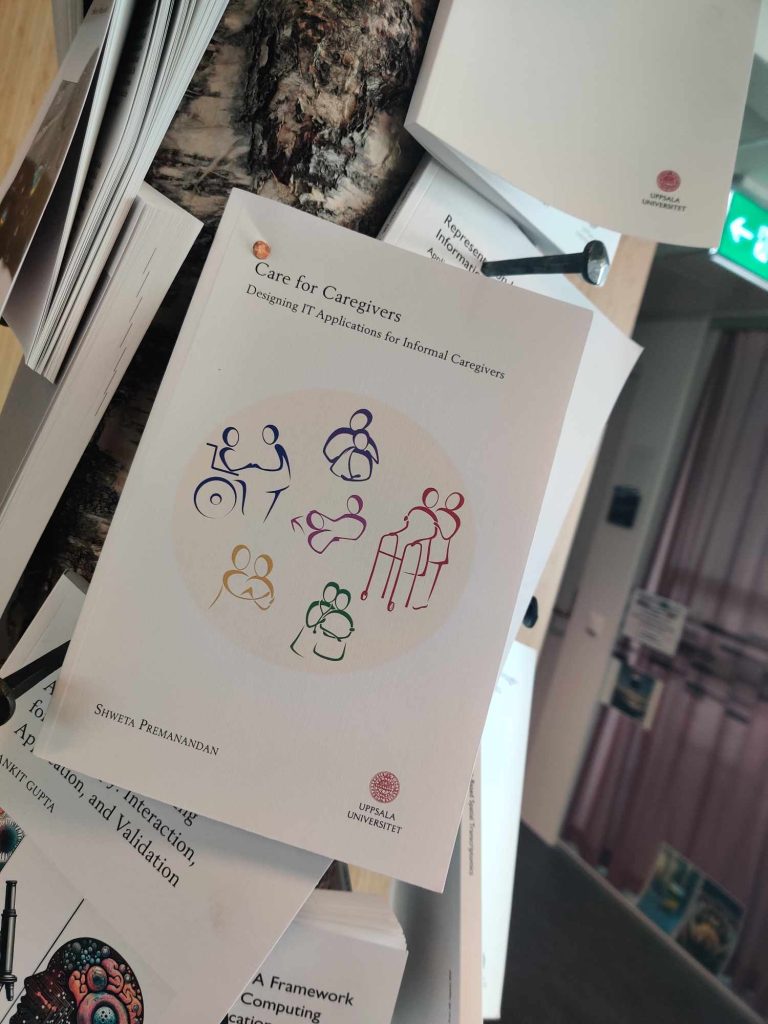
On the day of the defense, the opponent, Professor Tone Bratteteig from University of Oslo, presents my research and then we engage in a discussion. This is followed by questions by the grading committee members and then the audience.
The defense will take place at 13.15 in room B115 at Ekonomikum, Uppsala University. I’m looking forward to it.


